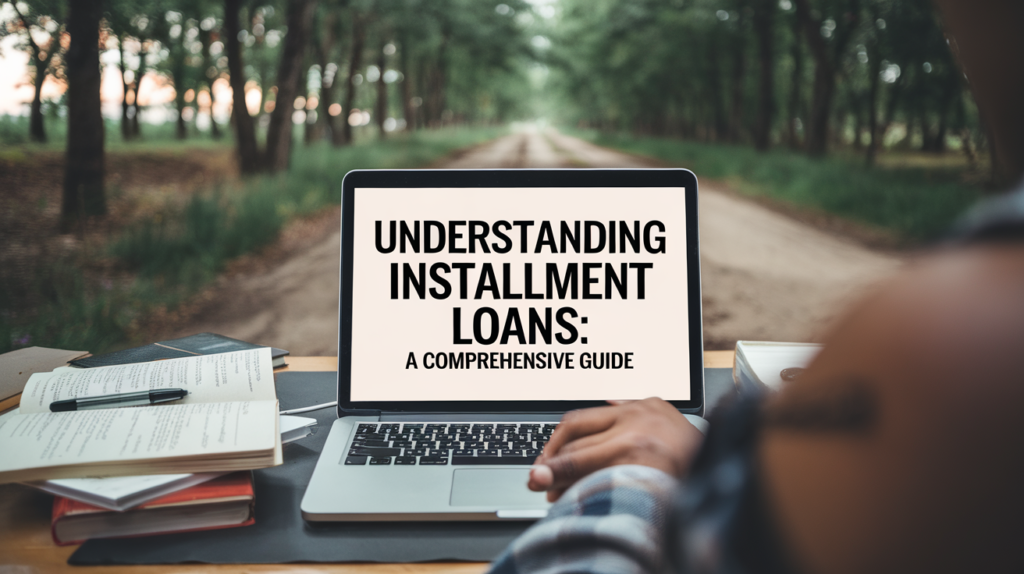Getting rid of your private mortgage insurance (PMI) can save you money, and there’s no downside. After all, the insurance only protects your lender—your homeowners insurance is the policy that protects you. The sooner you can cancel PMI, the more you’ll save. Here are five routes to explore.
Wait for Automatic Cancellation
The federal Homeowners Protection Act of 1998 (also called the PMI Cancellation Act) requires your loan servicer to automatically cancel your PMI on the date you reach the milestone of having 22% equity in your home. You may also see this written as the scheduled date when the principal balance is 78% of the home’s original value.
Additionally, loan servicers must cancel your PMI the month after you’re scheduled to be halfway through paying off the loan—15 years into a 30-year mortgage, for instance. The final termination occurs even if you don’t have 22% equity. Generally, this would only happen if you took out an interest-only mortgage, a mortgage with a balloon payment or your mortgage was in forbearance.
Whatever your situation may be, you must be current on your mortgage payments to qualify for automatic PMI cancellation.
Request Early PMI Cancellation
You can also ask your loan servicer to cancel your PMI once you have 20% equity based on the home’s original value instead of waiting until you have 22%. The original value is the lesser of the home’s original sale price or the appraised value at the time of the sale, or most-recent refinancing.
To qualify, you must have an acceptable payment history and can’t currently be behind on your payments. You also might not be able to have a second mortgage—such as a home equity loan or line of credit. Additionally, the lender can require you to get an appraisal and may deny your request if the home’s value has decreased since you bought it.
Make Extra Mortgage Payments
You might be able to accrue 20% equity in your home sooner than scheduled if you can afford to pay down your mortgage early. Some people do this by slowly building their savings and then making one large payment. But there’s also the biweekly mortgage payment approach, which might align your payments with your paychecks and lead to making two extra payments each year.
Increase Your Home’s Value and Get an Appraisal
As your home’s value rises, the principal balance stays the same and your equity increases. If you’ve noticed rising prices in your area or have completed home improvement projects, you could have over 20% equity even if you haven’t been making extra mortgage payments.
Contact your loan servicer if you think this may be the case. Lenders might be willing to cancel your PMI if you have 20% equity based on the home’s current value. However, you may need to pay for a home appraisal first.
Refinance Your Mortgage
Another option may be to refinance your mortgage. Whether you’ll need to pay for PMI on the new loan will depend on your home’s current value and the principal balance of the new mortgage.
You can likely get rid of PMI if your equity has increased to at least 20% and you don’t use a cash-out refinance. Or, even if it hasn’t, you may be able to avoid PMI with an 80-10-10 loan, also known as a piggyback loan. If you prepaid your entire PMI premium, you also might be able to get a refund for part of the premiums when you refinance.
Some lenders also offer PMI-free mortgages to borrowers who put less than 20% down. But these have lender-paid private mortgage insurance (LPMI), and the loans often have a higher interest rate.
Check Your Credit and Be Prepared
Getting rid of PMI is one way to lower your monthly costs. And once it’s gone, you may still be able to tap the equity in your home (without reinstating PMI) with a home equity loan or line of credit. Along with your income, current debts and the home’s value, your credit history and scores can impact your options.
Check your Experian credit report for free, which comes with free credit monitoring that can alert you to unusual activity. You can also check and monitor your FICO® Score☉ based on your Experian credit report, which may help you estimate the interest rate you could get if you refinance or open a home equity loan or line of credit.
At O1ne Mortgage, we understand the importance of saving money and making the most of your home investment. If you’re looking to cancel your PMI or explore other mortgage options, give us a call at 213-732-3074. Our team of experts is here to help you navigate the process and find the best solutions for your needs. Don’t wait—reach out to O1ne Mortgage today and start saving!







